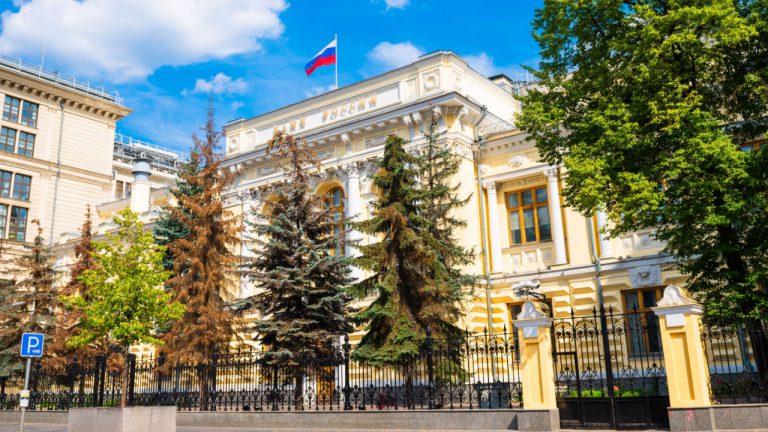
The Central Bank of Russia predicts an increase in the issuance of digital assets, citing some of their advantages. The monetary authority has published a report presenting the progress made by the growing industry and assessing the prospects for its further development.
Russia’s Central Bank Issues Report on Market for Digital Assets
The Central Bank of the Russian Federation (CBR) expects the volume of digital financial assets (DFAs) issued in the country to increase significantly in the future. The regulator believes that growth will be facilitated by the transparency and ease of use of these alternative instruments.
According to a report quoted by the crypto page of the business news portal RBC, the bank also anticipates the emergence of new types of digital assets that will have no analogues in the traditional financial market and satisfy specific needs of businesses.
DFAs, as a legal term, was introduced with the law “On Digital Financial Assets” which went into force in January 2021. It’s still the only legislation that partially applies to crypto assets, at least those that have an issuer, unlike decentralized cryptocurrencies like bitcoin which are yet to be regulated in Russia.
They are tokens issued on a blockchain platform created and managed by a licensed operator that usually represents monetary claims. The CBR has already authorized several such operators — the tokenization service Atomyze, the fintech company Lighthouse, Russia’s largest state-owned and private bank, Sberbank and Alfa-Bank, as well as Masterchain, which was licensed this spring.
During 2022, the first three registered platforms carried out a total of 19 issues of DFAs on behalf of 11 companies from different sectors, the report reveals. The list of issuers includes large industrial companies, financial firms and banks, construction companies and other organizations.
Russian businesses have been exploring ways to fund their operations amid unprecedented Western sanctions severely limiting their access to global finances. In early December, the first DFA deal denominated in Chinese yuan was announced.
The transaction, which was the largest of this kind at the time, involved issuing DFAs secured by commercial debt for 58 million yuan (over $8 million). Seven placements of digital financial assets for a total of 1 billion rubles ($13 million) were made in April this year.
Do you think Russia’s digital assets market will see significant growth by the end of 2023? Tell us in the comments section below.
Comments
Post a Comment